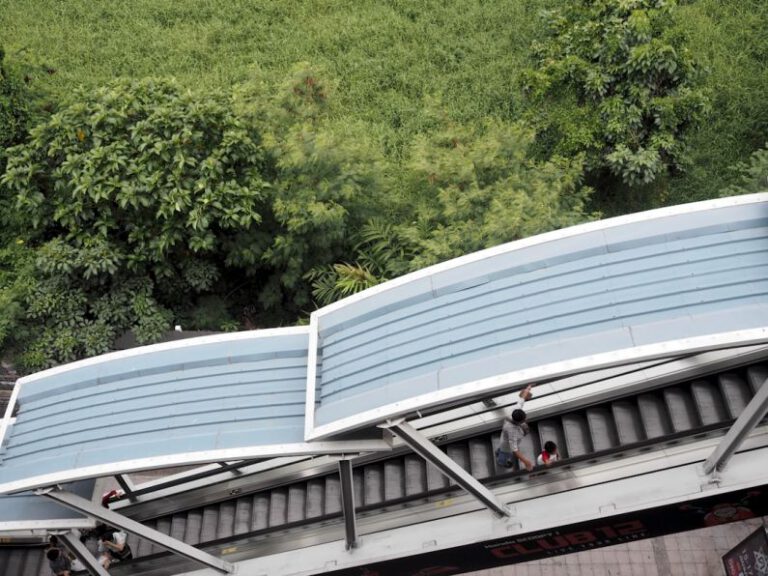Maglev Trains: Revolutionizing Land Travel
**Maglev Trains: Revolutionizing Land Travel**
Imagine traveling at speeds of over 300 miles per hour on a train that levitates above its tracks without any physical contact. This futuristic mode of transportation is not a scene from a science fiction movie but a reality known as Maglev trains. These cutting-edge trains are transforming the way we think about land travel with their speed, efficiency, and sustainability.
**The Technology Behind Maglev Trains**
Maglev, short for magnetic levitation, is a groundbreaking technology that allows trains to float above the tracks using powerful magnets. Unlike traditional trains that rely on wheels and tracks for movement, Maglev trains eliminate friction by levitating and being propelled along a guideway through electromagnetic force. This frictionless movement not only enables higher speeds but also results in a smoother and quieter ride for passengers.
**Speed and Efficiency**
One of the most significant advantages of Maglev trains is their incredible speed. With the ability to reach speeds of up to 375 miles per hour, Maglev trains are among the fastest modes of ground transportation in the world. This high speed not only reduces travel time significantly but also makes Maglev trains a competitive alternative to air travel for short to medium-distance journeys.
In addition to speed, Maglev trains are known for their energy efficiency. By eliminating traditional friction-based propulsion systems, Maglev trains consume less energy compared to conventional trains. This efficiency not only reduces operational costs but also makes Maglev trains a more environmentally friendly option for mass transit.
**Sustainability and Environmental Impact**
As the world seeks to reduce carbon emissions and combat climate change, the sustainability of transportation systems has become a key focus. Maglev trains offer a sustainable solution by operating on clean energy sources and producing zero emissions during their operation. This eco-friendly aspect makes Maglev trains an attractive choice for cities looking to improve air quality and reduce their carbon footprint.
Furthermore, the construction of Maglev train infrastructure requires less land compared to highways or airports, minimizing the impact on the environment. With their potential to reduce traffic congestion and reliance on fossil fuels, Maglev trains represent a sustainable and forward-thinking approach to transportation.
**Challenges and Future Prospects**
Despite their numerous benefits, Maglev trains face challenges in terms of high construction costs and the need for specialized infrastructure. Building Maglev tracks and stations requires significant investment, which can be a barrier to widespread adoption of this technology. Additionally, the lack of interoperability with existing rail networks poses a challenge for integrating Maglev trains into existing transportation systems.
However, advancements in Maglev technology continue to improve efficiency and reduce costs, making it more feasible for widespread deployment. Countries like Japan, China, and Germany have already implemented Maglev train systems, showcasing the potential for this technology to revolutionize land travel on a global scale.
**The Future of Transportation**
As cities around the world grapple with increasing urbanization and congestion, innovative transportation solutions like Maglev trains offer a glimpse into the future of sustainable and efficient mobility. With their high speeds, energy efficiency, and minimal environmental impact, Maglev trains have the potential to revolutionize land travel and reshape the way we move from place to place.
In conclusion, Maglev trains represent a paradigm shift in transportation that combines cutting-edge technology with sustainability and efficiency. While there are challenges to overcome, the promise of high-speed, frictionless travel offered by Maglev trains makes them a compelling option for the future of land transportation. As research and development in this field continue to progress, we can expect to see Maglev trains playing a significant role in shaping the way we travel in the years to come.






